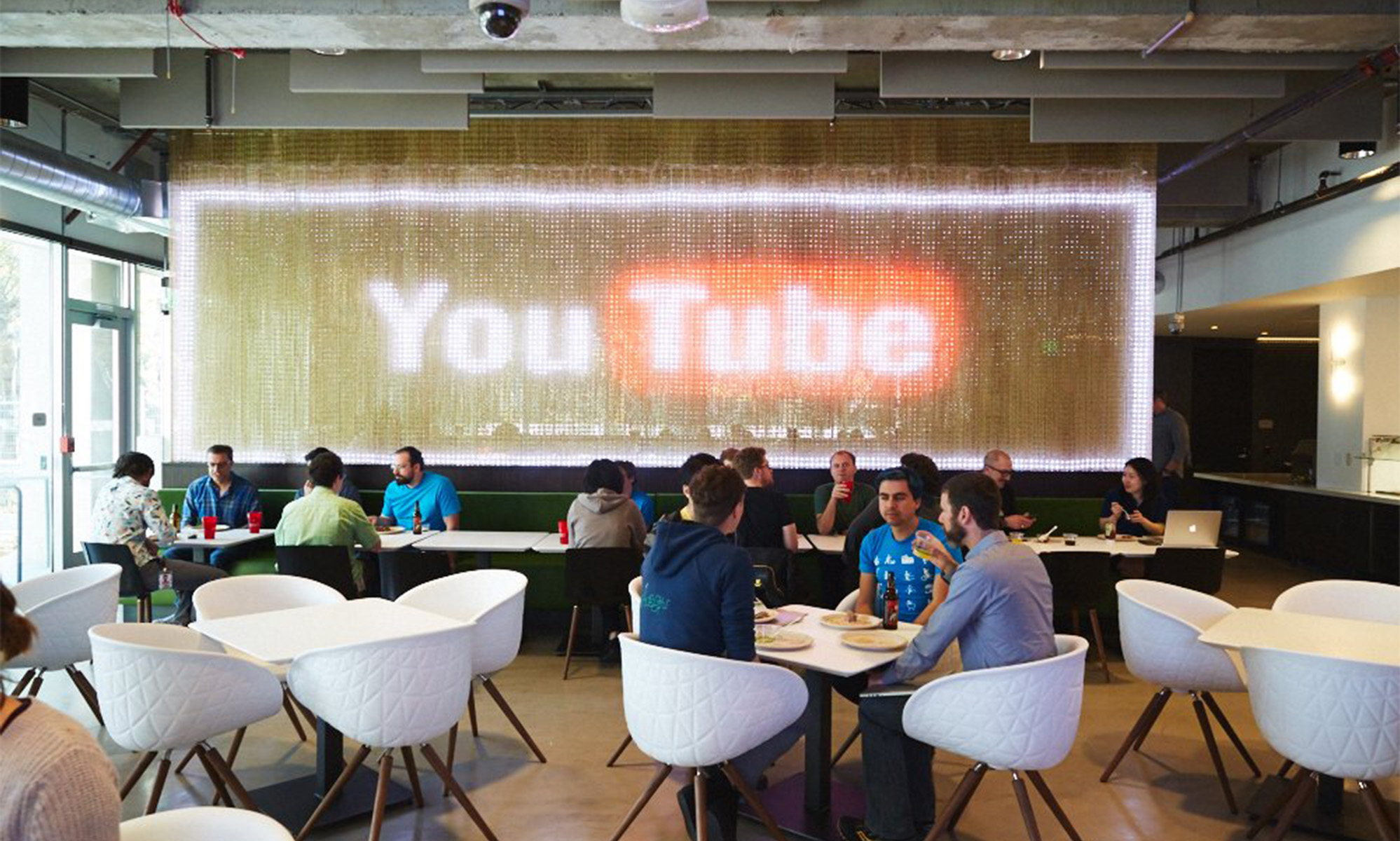Picking just one of anything is tough. Whether it's your favorite book, favorite song, or favorite vacation destination, narrowing the selection down to just one top choice isn't easy for most people. That's true for stocks, also.
The problem is that there are a lot of good options. One way to whittle the field of alternatives down, though, is to limit the choices to only ones you own. Just as your favorite book should be one you've actually read, it only makes sense that your favorite stock is one that you actually own.
So when asked what my favorite stock is, I knew that it had to be one of the 20 stocks that I own right now. While I like all the stocks I own (I would have sold them already if I didn't), to determine which one I liked the most, I asked myself a simple question: If I could buy only one of those stocks, which one would it be? After thinking about that question, one stock stood out: Alphabet (GOOG 0.80%) (GOOGL 0.83%).

Image source: Getty Images.
Moat
Why did Alphabet rank at the top of my list? A big factor was the company's strong moat. Some castles in the middle ages had moats, while others didn't. The ones that had moats were easier to defend. It's the same way with businesses.
To understand Alphabet's moat, we have to take a look under the hood of its business. Advertising on Google search engine, Gmail, Google Maps, Google Play, and YouTube generate 86% of Alphabet's total revenue. Is that advertising revenue easily defended? You bet it is.
Google websites command a search engine market share of 63%. That's higher than 10 years ago, despite the rise of Microsoft's Bing search engine. Microsoft spent billions of dollars to develop and launch Bing, yet Google still dominates as much in search as it ever has. Bing certainly made a splash, but largely at the expense of other search engines that didn't have a moat like Google continues to enjoy.
Could Alphabet's moat be breached at some point? It's possible, but I also think it's unlikely. Alphabet pours a lot of money into research and development to ensure that it stays on top. I suspect that most other companies that could potentially take a run at dethroning Google would probably determine that the return wouldn't be enough to justify the investment.
Financial strength
That leads to another reason why Alphabet is the one stock I'd buy -- its financial strength. I'm not against putting money into stocks of companies that aren't profitable but have great growth prospects. I even have a preclinical-stage biotech stock in my personal portfolio. But that's the exception, not the rule.
Alphabet is financially strong from A to Z (sorry, I couldn't resist the pun.) In 2017, the company reported revenue of $110.8 billion, up 22.8% year over year. But what about Alphabet's net loss of more than $3 billion in the fourth quarter of 2017? No worries. It merely reflected a one-time tax hit of close to $9.9 billion. Adjusting for this negative tax impact, the company made more than $6.8 billion in profits in Q4 and $12.7 billion in all of 2017.
At the end of 2017, Alphabet claimed a cash stockpile, including cash, cash equivalents, and marketable securities, of nearly $101.9 billion. Throw a dart at a list of the S&P 500, and there's better than a 4-to-1 chance you'll land on a company that Alphabet could buy without borrowing a penny.
My favorite financial metric for Alphabet, however, is its free cash flow. Over the last 12 months, the company generated free cash flow of $23.9 billion. That's money Alphabet can -- and does -- invest into research and development and into other initiatives that can fuel long-term growth for shareholders.
Optionality
Long-term growth is my top objective with any stock that I buy. Alphabet should deliver long-term growth. And it has several ways of doing so, a characteristic known as optionality. In fact, David Gardner, a co-founder of The Motley Fool and an indisputably great investor, has stated that Alphabet probably has stronger optionality than even Apple or Amazon.
What I really love about Alphabet is that optionality is built into the company's DNA. In the original founders' letter to shareholders, Larry Page and Sergey Brin wrote that investors could expect Google (as the company was then named) to make "smaller bets in areas that might seem very speculative or even strange when compared to our current businesses."
Today, those smaller bets are rolled into a business segment called "other bets." And that segment generated revenue of $1.2 billion last year. Alphabet now markets smart-home technology. Its Waymo division stands at the head of the pack in driverless car technology. The company's Verily Life Sciences unit is working on projects such as developing a contact lens that continuously monitors glucose levels in diabetic patients.
I think that Alphabet's expertise in artificial intelligence (AI) could open up lots of new opportunities for the company in the future. Not all of its bets will pay off. But even if only a few do, the company should continue to generate strong growth for a long time to come.
What didn't matter
After going through the process to choose the one stock I'd buy right now, it occurred to me what I didn't consider. For example, I didn't even think about valuation. If a stock has a great moat, is financially strong, and has tremendous optionality, it isn't likely to be cheap using standard valuation metrics like price-to-earnings multiples. (However, I should point out that Alphabet does look attractively valued using the growth-focused PEG ratio.)
I didn't look at recent stock performance, either. Over the long run, whether a given stock went up or down during a period of a specific few months is irrelevant.
These nonfactors reminded me of something important about investing: When you buy a stock, you're buying part of a business. The main reason why I like Alphabet stock so much is that I like its business prospects, both now and for the future. Because of this, picking Alphabet really wasn't that tough of a decision after all.







